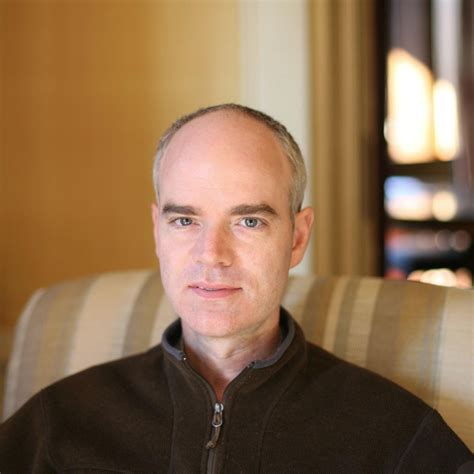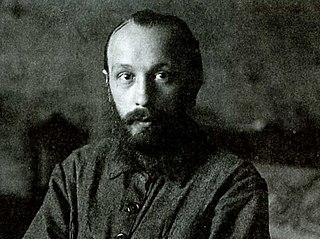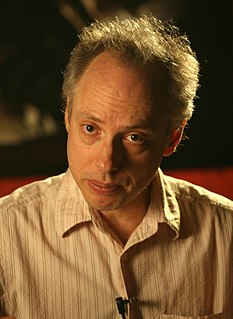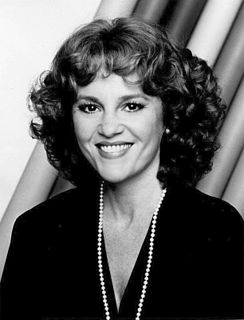A Quote by Curtis Hanson
So it's discouraging and, yet, when you make a movie like Wonder Boys, in a sense it's its own reward, because it does move people, it gets great reviews, and it becomes part of that library of movies that exist out there. As time goes by, it will find its audience.
Related Quotes
I'm imagining there's a particular audience out there that's younger and older, too. It works on two levels. Do they exist? I don't know. I had to make it to find out if it does. When you do something this experimental, that's part of the process and part of the risk. I only spent my own money, so that I'm the only person that gets hurt, if it fails.
Christian audience, I think, have grown very tired of movies that try to pander to them. For instance if someone goes, "Ok, we're designing what we're going to do with this movie. It's a Christian movie and they'll eat it up." And you know what? Consumers are smarter than that. They go, "The movie isn't that great and he thought that I would just be a sucker and plop my $10 down for it?" Because you're looking down at the audience. You can't pander to an audience.
I always like to break out and address the audience. In 'The History Boys', for instance, without any ado, the boys will suddenly turn and talk to the audience and then go back into the action. I find it more adventurous doing it in prose than on the stage, but I like being able to make the reader suddenly sit up.
It's basically how I choose movie roles. Would I like to see this movie? Is this movie important? Why would I do this? And Headhunters is a movie that I would like to see in the cinema. And when it's sold to 50 countries or whatever, for me it's a great deal. I make movies for an audience so if that audience grows, I feel really honoured and thankful for it.
It becomes 'one's own' only when the speaker populates it with his own intentions, his own accent, when he appropriates the word, adapting it to his own semantic and expressive intention. Prior to this moment of appropriation, the word does not exist in a neutral and impersonal language (it is not, after all, out of a dictionary that the speaker gets his words!), but rather it exists in other people's mouths, in other people's contexts, serving other people's intentions: it is from there that one must take the word, and make it one's own
I am a great believer in what we've been told time and time again by people like Joseph Campbell, "find your bliss." Find out what it is that touches you most deeply. Pursue it, learn about it, explore it, expand on it. Live with it and nurture it. Find your own way and make your own contribution. Find a way to make a contribution to this society because God knows we need contributions from the coming generation. This planet and this civilization is in need. I see it as a time of need.
The most fascinating part of movies is the organism of the movie - it's such a bizarre thing to do, to make a movie. To see these people come together, band in unity, to create this thing that almost doesn't exist. It only exists because it's projected on a screen, but other than that, it's an illusion.
I wrote an op-ed piece in The New York Times about the amazing effect of shared wonder - how I have an audience filled with people who you'd think would hate each other, people from every religious category, all at the same show at the same time. And it's an amazing phenomenon to watch this shared sense of wonder, where these people who really don't like each other - for good and bad reasons, reasons that make sense and that don't make sense - are in the same room, experiencing this unification.
It would be nice to make a movie that other people want to make, because every one of these movies, I basically have to find the only company in the world that's willing to make it, and it's always a big challenge. I end up spending a tremendous amount of energy and time trying to get money to make these movies and it's exhausting.




































